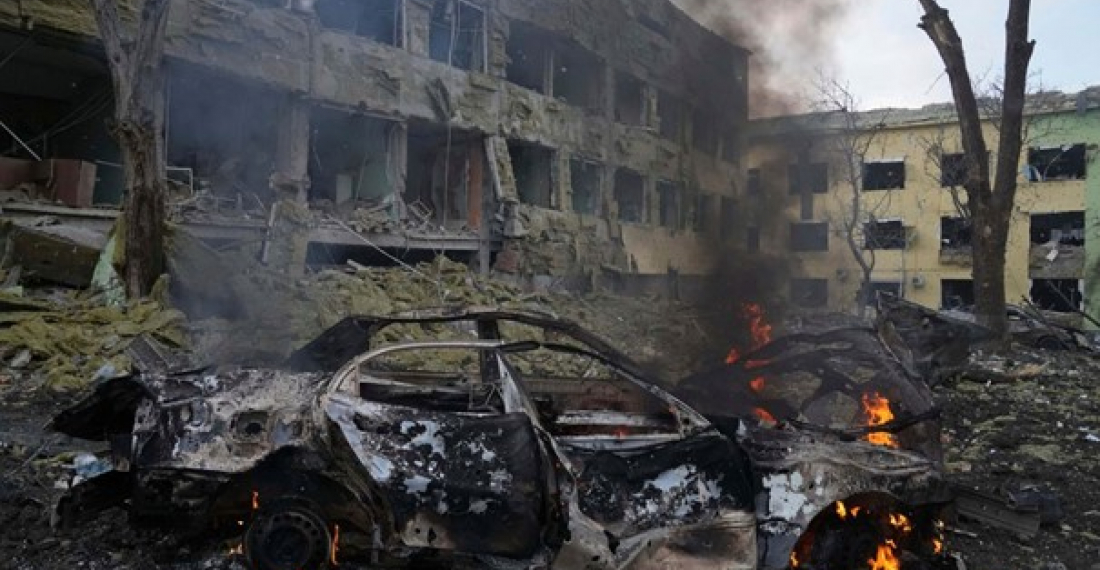There are some cities and places whose names we will always associate with a historical event. World War II left us many such recollections by association: The siege of Leningrad; the battle of Stalingrad, the siege of Malta - to name a few.
It seems that another European city has now etched its name in history by the blood of its people. The Ukrainian City Port of Mariupol was until two weeks ago a peaceful home to half a million peaceful Ukrainians. Then Russia invaded, and Mariupol became a prime objective for the invaders. The reason is its geographic location on the Sea of Azov, which Moscow wants to turn into a Russian inner Sea. In this scheme there is no place for a Ukrainian Mariupol, in the same way as in the scheme of president Putin for the neighbourhood of Russia there is no place for Ukraine.
What we have seen in the last two weeks is relentless bombardment of Mariupol. Its civilian citizens have not been allowed to flee and instead they have been subjected to relentless bombardment. Yesterday, it was the turn of the city's maternity hospital to be bombed. This was no error. Hours before a Russian official had singled out the building as a potential hideout for Ukrainian partisans, something that has not been proven by anyone. Instead when the hospital was bombed it was pregnant women and babies that were the victims.
The war in Ukraine is likely to continue for some time, and after that it will be an uneasy peace that will follow. For Ukrainians this is an existential battle - whether they want their country to continue to live. For the Kremlin it is existential too. A humiliating defeat in Ukraine will seriously undermine the legitimacy of the regime. There are therefore likely to be many battles ahead, many heroic Ukrainian cities to add to the catalogue of history. But for sure Mariupol's name will forever be associated with the heroism of its people, with the war crimes committed by the Kremlin in Ukraine, and with the futility and irrationality of war.
source: This editorial was prepared by the editorial team of commonspace.eu
photo: The Maternity Hospital in the Ukrainian city port of Mariupol was bombed on 9 March 2022






